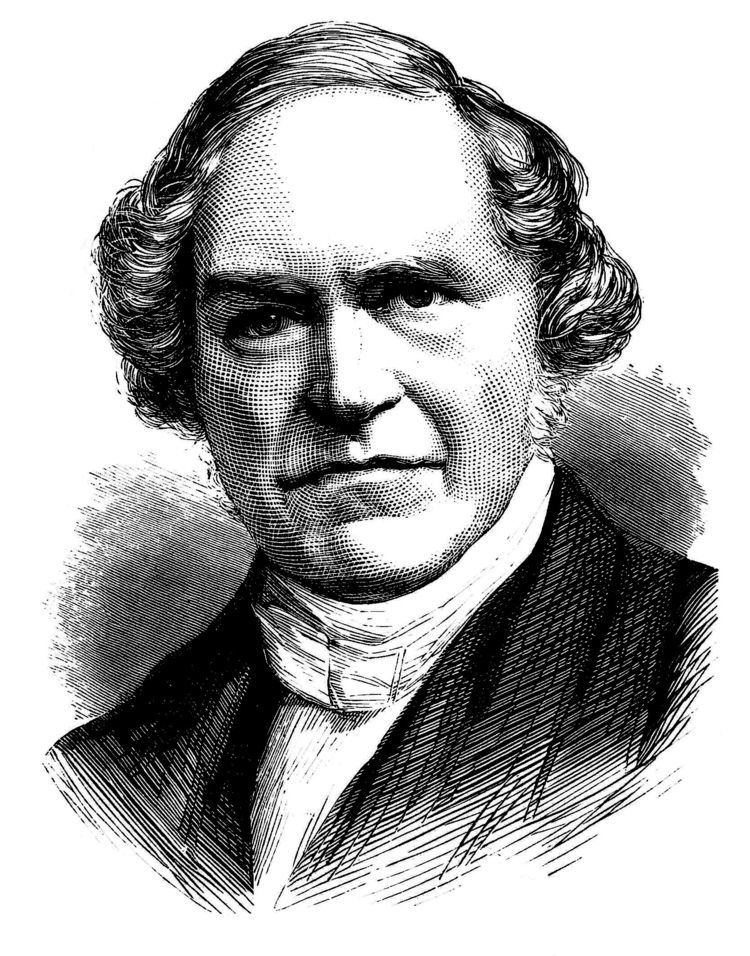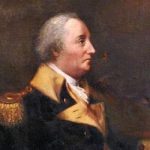Date of Birth: May 24, 1794
Zodiac Sign: Gemini
Date of Death: March 6, 1866
Biography
William Whewell was an eminent English polymath, philosopher, historian of science, and a prominent figure in the academic landscape of the 19th century. Born in Lancaster, England, he made substantial contributions across various fields such as philosophy, theology, and science. Whewell’s academic journey began at Heversham Grammar School and continued at Trinity College, Cambridge, where he excelled in mathematics and graduated in 1816. He later became a fellow and eventually the Master of Trinity College. Whewell is best known for his work in the philosophy of science, coining terms like “scientist,” “physicist,” and “anode” and “cathode” in the field of chemistry. His book, “The History of the Inductive Sciences,” is considered a seminal text in the history of science. Whewell’s interdisciplinary approach and his ability to synthesize vast amounts of information made him a key figure in the intellectual discourse of his time.
5 Interesting Facts about William Whewell
1. William Whewell coined the term “scientist” in 1833, which replaced the older term “natural philosopher.”
2. He was a prolific writer, having authored numerous books on subjects ranging from theology to mechanics.
3. Whewell served as the Master of Trinity College, Cambridge, from 1841 until his death in 1866.
4. He was a close friend of several notable figures, including Charles Darwin and John Herschel.
5. Whewell’s “The History of the Inductive Sciences” remains a foundational text in the philosophy and history of science.
5 Most Interesting Quotes from William Whewell
1. “Every failure is a step to success.”
2. “We can only know what we can achieve by attempting.”
3. “In true science, there is no finality.”
4. “To discover the origin of all laws is the task of science.”
5. “Science is a series of judgments, revised without end.”
Highest Net Worth Achieved
William Whewell’s net worth is not well-documented, but as an academic and clergyman in the 19th century, his wealth would have been modest compared to modern standards. His influence and contributions, however, were invaluable.
Children
William Whewell did not have any children. He was married twice, first to Cordelia Marshall, who died in 1855, and then to Everina Frances, who survived him.
Relevant Links
1. [Wikipedia – William Whewell](https://en.wikipedia.org/wiki/William_Whewell
4. [Internet Encyclopedia of Philosophy – William Whewell](https://www.iep.utm.edu/whewell/
5. [The Victorian Web – William Whewell](http://www.victorianweb.org/science/whewell.html

